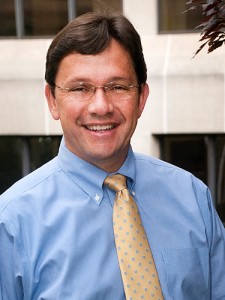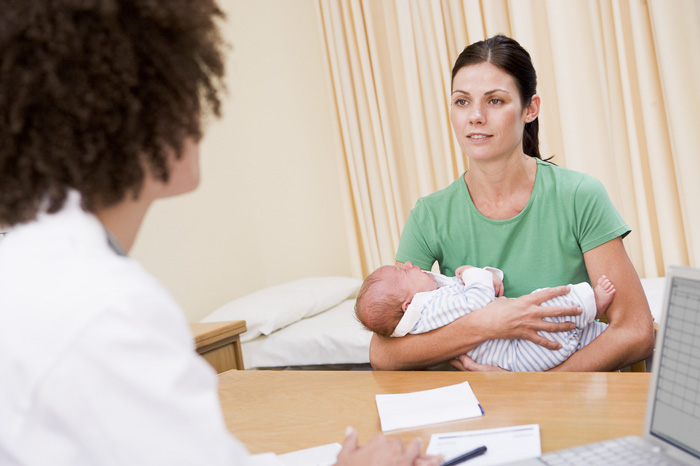The University of Connecticut Health Center and Connecticut Children’s Medical Center have been awarded $350,000 a year for the next three years to coordinate HIV care and treatment across Connecticut.
The overall goal of the Health Resource Services Administration grant award is to facilitate and enhance family-centered primary medical care provided to women, infants, children and youth living with HIV/AIDS.
In order to do this, a new coalition has been assembled called the Women, Infant, Children and Youth HIV Services Connecticut Consortium (WICY-HSCC). It consists of health care providers and social workers from four major pediatric and adult health care facilities in Connecticut: UConn Health Center, Connecticut Children’s Medical Center, Yale-New Haven Hospital, and Yale New Haven Health at Bridgeport Hospital.

“The new program will significantly improve access to primary HIV inpatient and outpatient comprehensive medical care, mental health care, medical case management and oral health care to HIV-infected individuals,” says Dr. Juan Salazar, Connecticut Children’s Chief of Pediatric Infectious Diseases and an associate professor of pediatrics with the UConn School of Medicine. “The WICY-HSCC team is comprised of highly skilled nurses, nurse practitioners and physicians who are trained in pediatric and adolescent HIV care, as well as social workers who have many years of experience providing intense one-on-one and family-centered medical case management services for this population.”
Nearly 20,000 HIV-positive individuals have been reported to the Connecticut Department of Public Health. Women represent 36 percent of all Connecticut residents living with HIV and African American and Hispanic women are disproportionately affected. The newly formed consortium will enhance existing HIV testing initiatives for at-risk women and youth and link newly identified HIV-positive individuals to HIV specialty care and supportive services.
Although the number of new perinatally infected children has diminished dramatically over the past decade, close to 100 perinatally infected children (less than 18 years old) are alive and require intense, expensive and complex specialized health care services. Moreover, many youth remain at high risk of acquiring the disease or have acquired the virus but are entirely unaware of their HIV-positive status.
Follow the UConn Health Center on Facebook, Twitter and YouTube.



